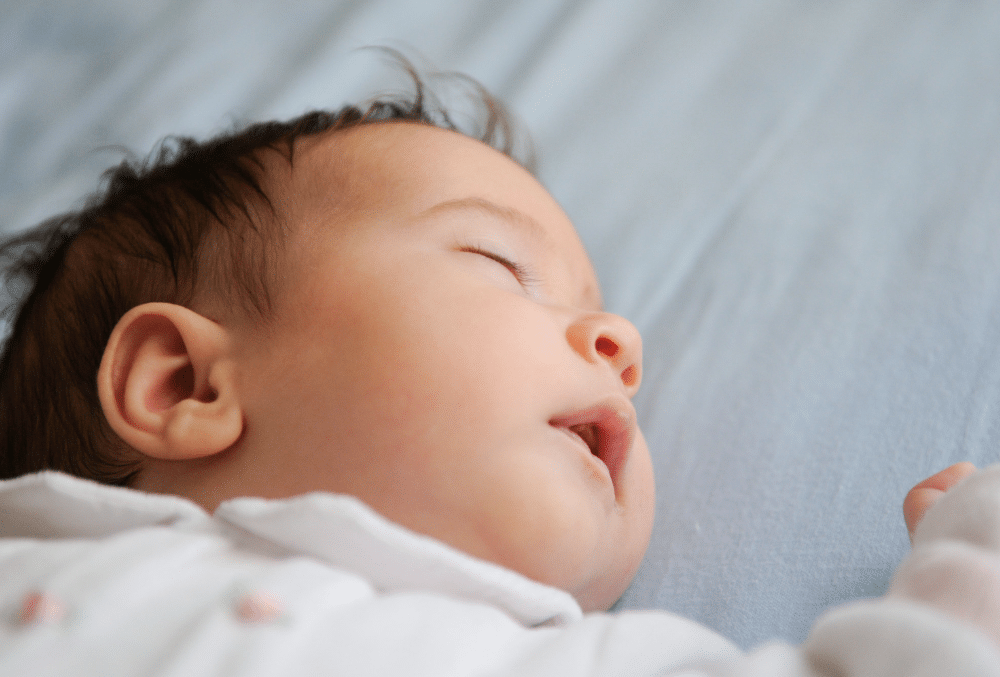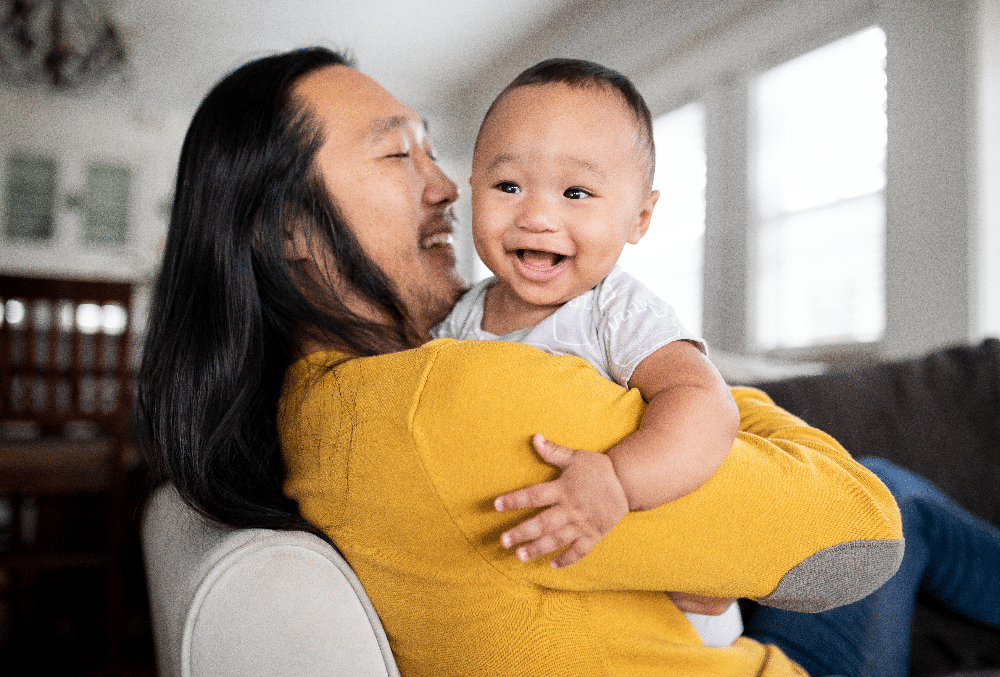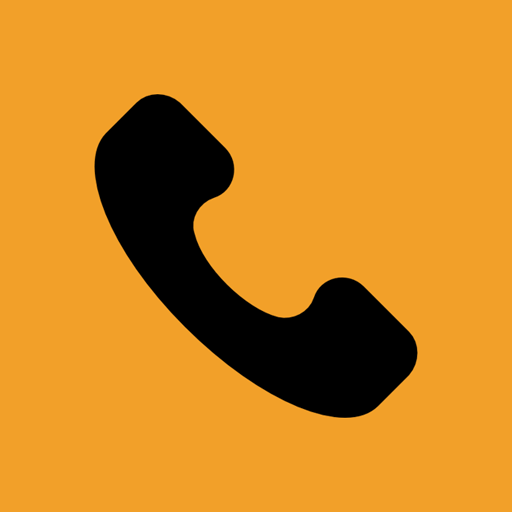Hearing is vital to your child’s growth and development, influencing how they learn to communicate, understand language, and connect with the world around them. The early years are especially crucial, as this is when children begin to acquire the speech and language skills that are essential for building relationships and navigating their environment.
By staying aware of how your child responds to sounds and voices, you can spot early signs of hearing loss and seek the necessary interventions. Below, we explore the key symptoms of hearing loss in infants and kids to help you identify any potential hearing issues early on. Recognizing these signs early can lead to prompt intervention, making a world of difference in your child’s ability to communicate and flourish.
Symptoms of Hearing Loss in Infants and Kids
Recognizing the signs of hearing loss in children can be challenging, especially in infants who cannot express themselves verbally. However, being aware of typical developmental milestones can help you spot potential issues early. From birth to two years old, there are specific behaviors and reactions that can indicate whether your child is experiencing hearing problems. Identifying these symptoms early allows for prompt intervention, which can help diagnose and address hearing loss before it affects your child’s development.
Birth to 4 Months
In the first few months of life, babies should start reacting to sounds and voices around them. If a newborn doesn’t startle at loud sounds, it could be an early sign of hearing loss. As the weeks go by, if your baby doesn’t respond to your voice—whether through smiling, cooing, or calming down—it might indicate that they are not hearing properly. These early responses are crucial indicators of normal auditory development.
4 to 9 Months
Between four and nine months, babies typically begin to interact more actively with their environment. If your baby doesn’t smile when spoken to or fails to notice toys that make sounds, it may be an early sign of hearing issues. Additionally, if your baby isn’t turning their head toward familiar sounds or isn’t making many babbling noises, this could indicate a potential hearing problem. During this stage, babies also start to understand simple hand motions like the “bye-bye” wave, so a lack of response to these gestures is also a symptom to watch for during this stage.
9 to 15 Months
As your child reaches 9 to 15 months, they should start to babble more and attempt to repeat simple sounds. If your infant still isn’t babbling much or doesn’t use their voice to get your attention, it could be a sign of hearing loss. Another significant indicator is if they don’t respond to their name being called. At this age, children are usually very responsive to familiar voices and sounds, so a lack of reaction could be concerning.
15 to 24 Months
By 15 to 24 months, most children are beginning to use simple words and can point to body parts when asked. If your child isn’t using many words, can’t name common objects, or doesn’t listen with interest to songs, rhymes, and stories, these could be symptoms of hearing loss in children. Additionally, if your child can’t follow basic commands, such as “come here” or “sit down,” it may indicate a problem with their hearing that needs to be evaluated by a professional.

When Should You Get Your Baby’s Ears Checked?
It’s essential to monitor your child’s hearing and developmental milestones closely, especially considering the various causes of hearing loss that can affect children at different stages. If you notice any of the signs mentioned above, it’s crucial to get your baby’s ears checked as soon as possible. Early detection of hearing problems is key to providing effective treatment and support, which can significantly improve your child’s ability to develop language and communication skills. Parents can seek a child hearing screening, which is a critical first step in identifying any hearing issues at the earliest stage. This test can help detect hearing problems before they impact your child’s development, and if necessary, the use of hearing aids in the Philippines can be introduced early on to support their auditory and speech development.
Proactive Steps for Safeguarding Your Child’s Hearing Health
Understanding the signs of childhood hearing loss is vital for early intervention and treatment. From the very first months of life, being attentive to how your baby responds to sounds can provide critical insights into their hearing health. If you observe any symptoms of hearing loss, don’t hesitate to seek professional help. Early diagnosis and treatment can make a profound difference in your child’s life, enabling them to communicate effectively and thrive in their environment. By staying informed and proactive, you can ensure that your child receives the best possible care for their hearing health.








